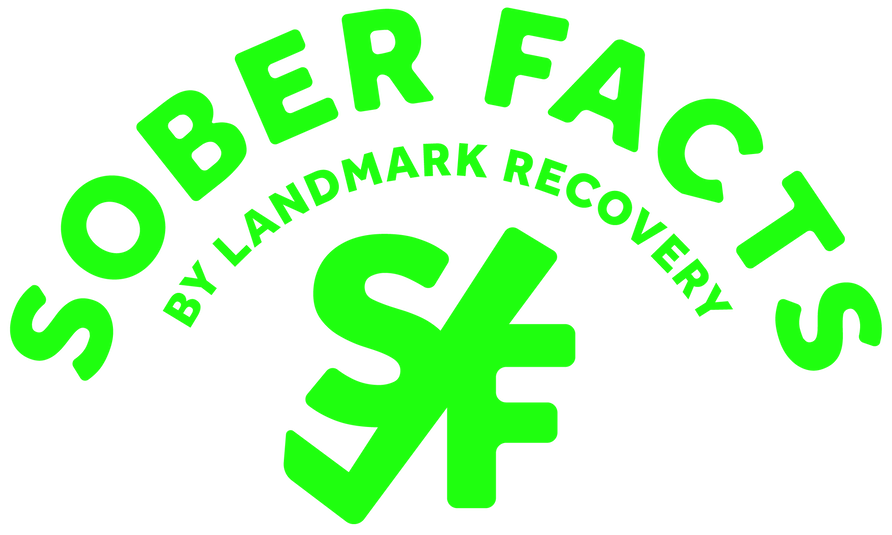Choosing recovery close to home means your support system is just a few miles away.
- 100% Confidential
- Available 24/7
- No Pressure to Commit
- Multiple Financial Options Available
Choosing recovery close to home means your support system is just a few miles away.

Sounds Like: MUSH.rooms / SYE.lo.SYE.bin
Classification: psychedelic hallucinogen
Controlled Substance Act Schedule: I
Other names for Mushrooms (Psilocybin)
The use of magic mushrooms goes back millennia and has been recorded to some degree throughout the whole of human history in various ways. Psilocybin-containing mushrooms have had a cultural or religious place of prominence in almost every major culture and civilization in human history.
Mushrooms are used to induce a psychedelic trip, which is a kind of psychologically-induced experience of bizarre images and shapes in the field of vision, along with feelings of floating or flying through space. A trip is individually experienced, with no trip being the same, unlike most other drugs. Contrary to popular belief, there is no documented instance of anyone becoming addicted to magic mushrooms.
Need help with Mushrooms (Psilocybin) or another drug addiction?
Call Landmark Recovery and speak with an admission specialist today.
Call NowWe're available 24/7 to help you find Recovery
Mushrooms are primarily intended for recreational use in achieving a psychedelic trip and/or facilitating a religious experience. More recently, medical institutions have expressed interest in the potential of magic mushrooms in treating addiction, depression, and anxiety in guided clinical environments versus medicinal interventions like Lexapro.
Mushrooms are usually dried out and then consumed whole, crushed up, or put in other edible mediums like chocolate or drinkable beverages like tea.

Psilocybin itself isn’t addicting, but those who regularly use magic mushrooms may find themselves compulsively dosing due to how much they may enjoy the psychedelic effects of the drug.
Psilocybin, along with fermented honey possessing psychedelic properties, may be the oldest recreational/entheogenic drug known to mankind.